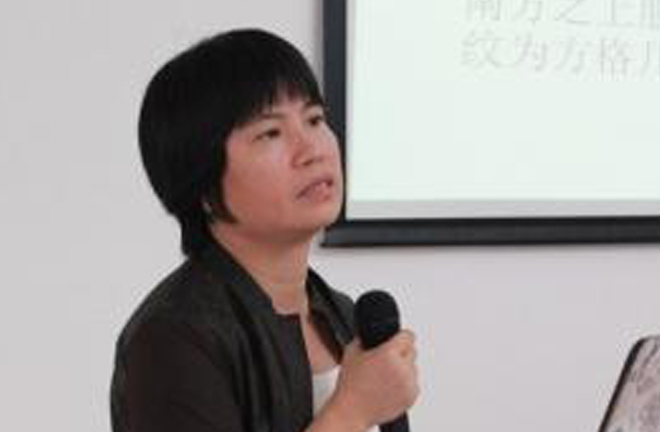XU GANLI: Chinese folklore should stress studies of daily lives
 In its infancy, Chinese folklore studies mostly focused on the cultural heritage of mankind. Now, with China’s rapid economic growth and accelerating urbanization and informatization, people’s lifestyles and environment have changed greatly, and some folk customs have vanished or changed. Against this backdrop, the discipline needs to adjust itself to comply with social development. Moreover, the trend of cultural construction and intangible cultural heritage protection nowadays provides good opportunities for the transformation of the discipline.
In its infancy, Chinese folklore studies mostly focused on the cultural heritage of mankind. Now, with China’s rapid economic growth and accelerating urbanization and informatization, people’s lifestyles and environment have changed greatly, and some folk customs have vanished or changed. Against this backdrop, the discipline needs to adjust itself to comply with social development. Moreover, the trend of cultural construction and intangible cultural heritage protection nowadays provides good opportunities for the transformation of the discipline.
Urbanization has created new lifestyles. In addition to focusing on farmers and countryside folk cultures, folklore studies should expand its research area and investigate urban lives more. Urban cultural phenomena have long been the subject of folklore studies and lots of field research has been done. However, these only stressed examining old customs and didn’t change the research angles and concepts. For example, urban folklore studies now still concentrate on urban legends as well as traditional temple fairs and festivals, while neglecting tea ceremonies, flower arrangement and other modern cultural phenomena.
We should also explore the situation of traditional folk customs in modern cities. For instance, are traditional folk customs still playing a role in the globalized world? How can they be integrated into urban lives?
Also, folklore studies should increase the attention given to mass culture. Right now, there is already a sign of a shift of direction regarding mobile messages, Internet rumors, fashion and other forms of pop culture by folklore studies.
Besides this, the discipline should pay attention to cultural studies on emerging social groups. For example, since modern times, science and technology have been changing people’s lifestyles comprehensively. The social groups which bring about social reforms by inventing and grasping technology now occupy an important position in society. Their lives are closely related with technology, and their tastes, interests and values are becoming new subjects for folklore studies.
Moreover, to meet the requirements of the times and society, applied folklore should also be enhanced. Applied folklore not only pertains to folklore tourism, festivals and commercials, but more importantly, refers to the role of folk customs in national cultural construction and national cultural security. We can construct folk cultural icons by examining their cultural connotations and values, which then can help to tell Chinese stories and spread Chinese civilization.
Furthermore, folklore studies should face daily lives. Early researchers were enthusiastic about exotic customs in remote areas. True, they are of distinct research and cultural values. Even now, many researchers are deeply engrossed in searching for and studying ancient traditions and peculiar customs. They tend to lament the past and believe that modernization destroyed traditional homelands. Therefore, their research is affected by a strong sense of nostalgia. In fact, some of these cases are intentionally exaggerated and packaged for consumption. These tales are sometimes assigned fictional elements and are often actually just rare cases. Chinese folklore studies in modern times should look at daily lives rather than just those special and rare customs. Although daily lives have been the focus of many disciplines in social sciences, in the folklore circle, research is still weak, lacking typical case studies.
Folklore studies should also include research on the influence of media, the Internet, and big data on our daily lives. Meanwhile, it should pay more attention to cultural spaces and the internal logic and structure of cultures. They should make use of various resources such as databases to promote the development of the discipline.
Xu Ganli is from the School of Social Development at East China Normal University.
